The United Kingdom government has accused Russia’s Security Service, the FSB, of orchestrating a persistent and extensive cyber-hacking campaign.
The targets reportedly include politicians and individuals in public life, with the government asserting that the FSB-linked group has been engaged in these activities since at least 2015.
Join our WhatsApp ChannelAccording to Foreign Secretary David Cameron, the FSB-linked group has conducted hundreds of highly targeted hacks, focusing on politicians, civil servants, think-tank professionals, journalists, academics, and others in public life.
The cyber-attacks primarily involved stealing data from private emails, with the information later being made public, including materials linked to the 2019 election.
READ ALSO:Countdown To Russia’s 2024 Presidential Election
Former Prime Minister David Cameron labelled the group’s actions as “completely unacceptable,” emphasizing the need for collective efforts with allies to expose and hold Russia accountable for its covert cyber activities.
The UK Foreign Office Minister, Leo Docherty, informed the House of Commons that Russia’s ambassador had been summoned, and two individuals, including a serving FSB officer, were being sanctioned in response to the alleged cyber-attacks.
The FSB, successor agency to the KGB, has a notorious history, and its alleged involvement in cyber espionage raises concerns about the extent of Russia’s influence in global affairs.
Centre 18, a specific part of the FSB, is accused of targeting the UK since at least 2015, with Western officials claiming that the group remains active.
Russian President Vladimir Putin served as the director of the FSB in the 1990s, further highlighting the potential significance of the accusations.
The cyber-attacks orchestrated by Centre 18 are believed to involve extensive research, the creation of false accounts impersonating trusted contacts, and the theft of information from individuals across the political spectrum.
The United States is expected to announce actions against the FSB-linked group, underlining the transnational nature of cyber threats. Western officials argue that Russia’s targeting of the UK’s democratic processes is a matter of grave concern, even though the cyber campaign has not been deemed successful in interfering with the democratic process.
The UK’s public accusation aims to disrupt the group’s activities and increase awareness, particularly in the lead-up to major elections worldwide. Western officials assert that the FSB-linked group has amassed a vast amount of data, using it to undermine Western interests in various ways.
The coordinated effort by the UK and the US to expose the group signals a proactive approach to cybersecurity threats, with the goal of safeguarding democratic processes.
The cyber-attacks orchestrated by the FSB-linked group targeted a wide range of individuals, including politicians from different political parties, civil servants, think-tank professionals, journalists, and academics.
The highly targeted nature of the hacks, involving impersonation of trusted contacts and theft of private emails, raises concerns about the potential impact on individuals and organizations.
SNP MP Stewart McDonald and the SNP’s Brendan O’Hara are among those who have publicly acknowledged being targeted by cyber-espionage activities. McDonald revealed that a group believed to be linked to Russian intelligence stole his emails after posing as one of his staff, prompting him to pre-emptively disclose the incident to the public.
O’Hara emphasized that Russia’s actions represent a persistent pattern of behaviour, prompting questions about the government’s cybersecurity measures for elected officials.
Labour’s David Lammy underscored the foundational role of trust in democracy and questioned whether the government is confident that the full extent of the cyber-attack has been uncovered.
The allegations of cyber interference in democratic processes raise broader questions about the resilience of democratic institutions in the face of evolving cyber threats.
Suggestions, such as the SNP’s Brendan O’Hara proposing mandatory cybersecurity training for all MPs and their staff, highlight the growing recognition of the need for enhanced cybersecurity measures.
As democracies head toward elections, the awareness of cyber threats becomes paramount, necessitating comprehensive cybersecurity training and measures to safeguard the democratic process.
Somto is an Entertainment Reporter with a passion for uncovering the latest stories in the world of entertainment. As a dedicated journalist, Somto delivers in-depth reporting, exclusive interviews, and breaking news coverage.
She covers a wide range of topics, from celebrity interviews to industry trends and film reviews.
As an Entertainment Reporter for Prime Business Africa, She continues to provide comprehensive and insightful coverage of the entertainment industry, offering readers an insider's perspective on the latest developments and trends. She is a trusted source for breaking news, exclusive interviews, and thought-provoking analyses.
Somto is dedicated to providing valuable information and entertainment to her audience while upholding the highest standards of journalistic integrity.
Follow Somto on social media:
LinkedIn: Somtochukwu Bisina
#EntertainmentReporter #MediaProfessional #Journalism

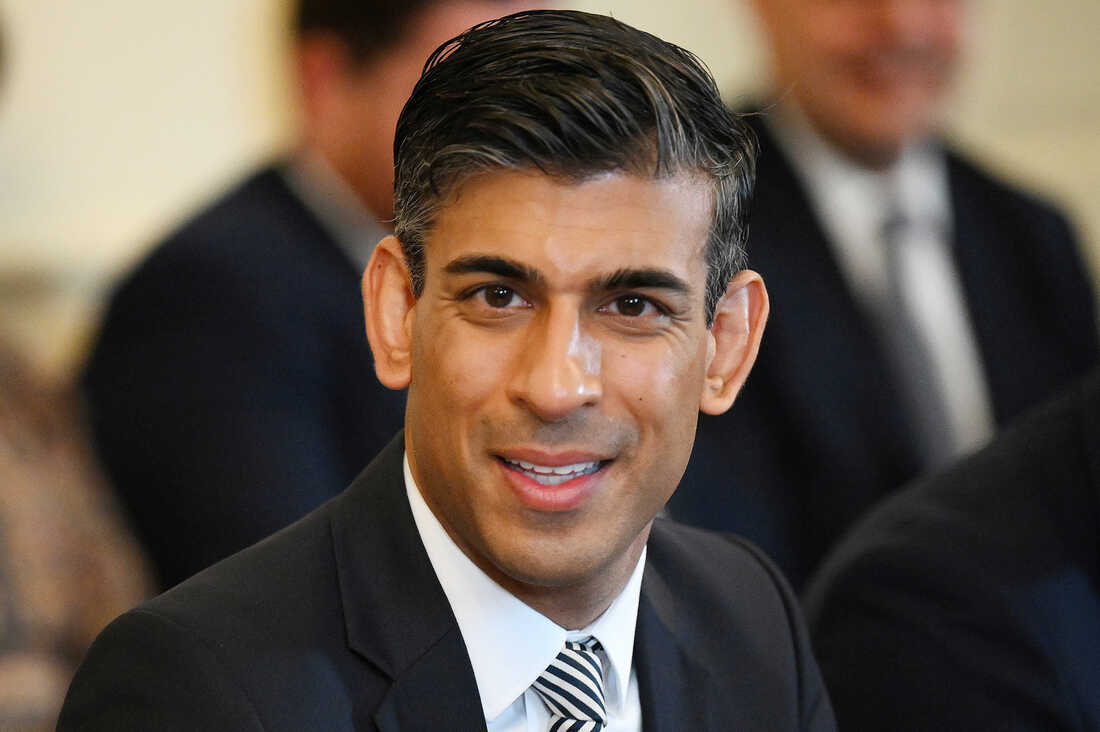



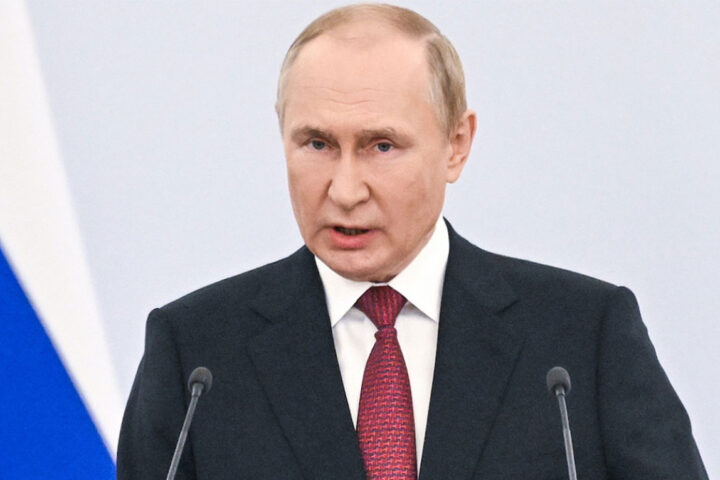
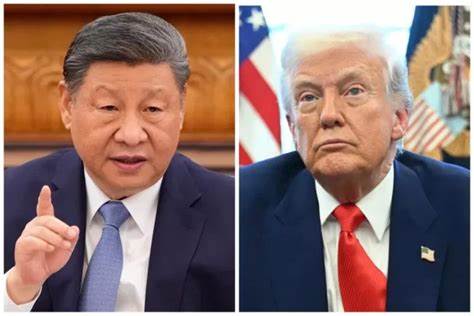









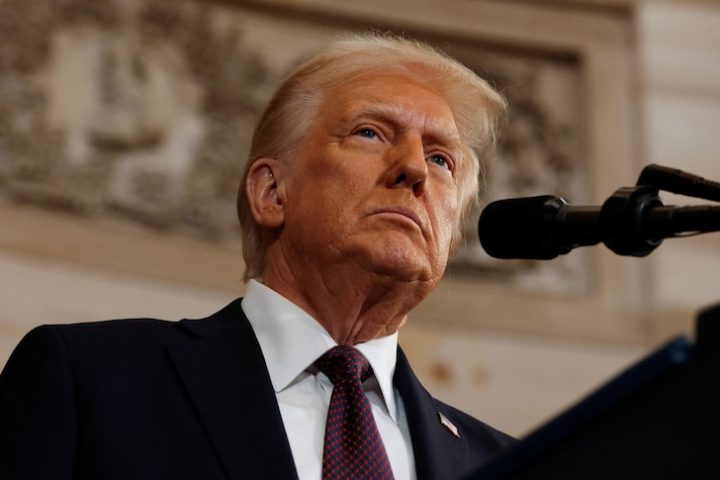
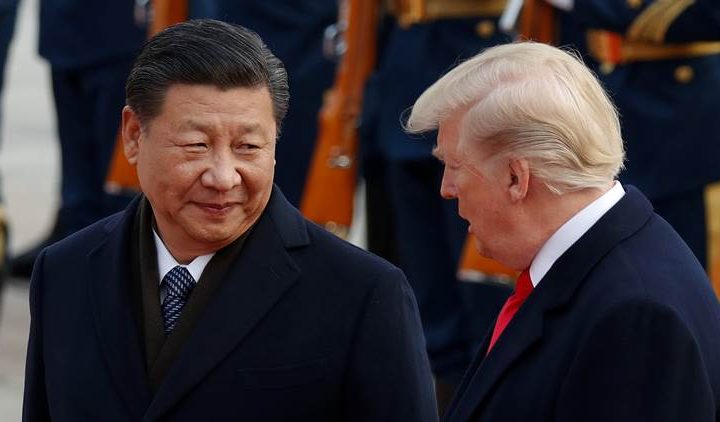

Follow Us